EYFS
The Early Years Foundation Stage at Moreland
The Early Years at Moreland provides a warm, safe environment for all children both physically and emotionally. It is a place where all learning is valued and where children can lay the foundations for a lifelong love of learning and reach their potential.
This happens through:
- An imaginative and inviting learning environment that provokes curiosity, stimulates enquiry, provides appropriate risk and challenge, encourages independence, allows children to make decisions and promotes problem solving. This enables children to become self motivated learners and to develop the characteristics of effective learning that are essential for success.
- A curriculum rooted in play that provides children with meaningful, enjoyable and challenging learning experiences including a core body of knowledge, skills and understanding as a base for future learning.
- Developing children’s resilience through a focus on building a “growth mindset”.
- A key person system that is underpinned by a knowledge of attachment theory and ensures all children feel emotionally secure and settled and ready to learn.
- Adults who are alert to the individual needs and interests of children and respond to these through careful observation and planning that builds on previous knowledge and takes account of children’s next steps in their learning to maximise progress.
- High quality interactions between adults and all children that encourage sustained shared thinking and allow children to reflect on their learning.
- Close working with parents and carers, recognising that they are their child’s primary educator and that working together in partnership will provide the best outcomes for children.
How Children Learn in the Early Years Foundation Stage (EYFS)
What is the EYFS?
Children in the baby room, toddler room, nursery and reception follow the Early Years Foundation Stage Curriculum. This is a framework which supports children’s development from birth to the end of their Reception year. The EYFS is based on 4 important principles.
- A Unique Child
Principle: Every child is a competent learner from birth who can be resilient, capable, confident and self-assured.
- Positive Relationships
Principle: Children learn to be strong and independent from a base of loving and secure relationships with parents and/or a key person.
- Enabling Environments
Principle: The environment plays a key role in supporting and extending children’s development and learning.
- Learning and Development
Principle: Children develop and learn in different ways and at different rates and all areas of Learning and Development are equally important and interconnected.
The Early Years Foundation Stage Curriculum consists of the Characteristics of Effective Learning and seven areas of learning and development which are interconnected. More information on the EYFS is available here http://www.foundationyears.org.uk/files/2014/08/EYFS_Parents_Guide-amended.pdf
How do children learn?
Young children learn best through multi sensory play based experiences. All the children in the EYFS at Moreland learn through a mixture of child and adult initiated play. The classrooms are organised into workshop areas to promote independent learning and children have access to both indoors and outside for most of the day. Learning which takes place outside is of equal value to that which occurs inside and reflects all areas of learning.
How do children learn English and Maths in the Early Years?
Children are introduced to early skills in reading and writing and maths at a developmentally appropriate level. Children’s love of books, stories and rhymes are developed from the moment they enter Moreland to promote a lifelong love of reading. Children follow the Little Wandle Phonics programme from Nursery onwards to ensure a structured approach to learning the technical skills of reading using synthetic phonics. We offer a reading workshop for parents to attend in the Autumn term of each year to enable parents to support their children with reading and writing at home. All children are encouraged to be mathematical thinkers and we provide children with concrete mathematical learning experiences that enable them to be secure in basic skills but also to apply these skills in play and other everyday activities.
Planning in Nursery and Reception
In Nursery and Reception medium term planning takes the form of seasonal themes and reflects settling-in, the seasons and time of year, the major festivals and celebrations, favorite stories and the interests of the children. It ensures that all areas and aspects of the curriculum are experienced over the year and identifies learning possibilities (attitudes, knowledge and skills) within each area of learning. These plans are intended to be guidelines and have the flexibility to respond to children’s changing needs and interests.
| Autumn | Spring | Summer | |
| Cycle 1 | Into the Woods | All about Me | In the Garden |
| Cycle 2 | Food and Festivals | Imaginary Worlds | About Town |
Weekly planning is based on observation of children’s learning needs and interests. This ensures each child is offered the experiences s/he needs to access the curriculum fully and ensures a responsive and flexible approach to the curriculum.
Birth to Three
We recognize that provision for children from birth to three needs to be organised slightly differently. Well resourced and maintained continuous provision for our younger children includes:
- Sensory exploration including treasure baskets or heuristic play
- Creative and imaginative play
- Sand and water play
- Dancing and physical activities including transporting
- Writing and mark-making opportunities
- Home corner/ doll play (domestic play)
- Malleable/ messy play
- Books/props/puppets
- Singing and music
- Sorting play including filling/emptying
- Outdoor experiences and visits
We recognize the importance of predictable and well planned routines for young children to support their development and well being. These include:
- The start of the session including registration/ “handover” time for children from parents/carers to the keyperson
- Snack and meal times
- Handwashing and toilet/ nappy-changing routines
- Tidy-up time
- Story, singing and circle times
- The end of the session/ “handover” from the keyperson to parent/carer
The curriculum for children under 3 is designed to be flexible and responsive to children’s changing needs and interests. It reflects settling-in and planned visits and events such as birthdays and celebrations that are meaningful to the children. Planning is responsive to children’s developmental and learning needs and focuses primarily on the interests of the children. The continuous provision will change to reflect the children’s identified needs and interests.
To support children’s development appropriately we focus primarily on the Prime Areas of Physical Development, Personal, Social and Emotional Development and Communication and Language when planning for children under three. These are fundamental and work together and support development in all other areas.
“Practitioners working with the youngest children are expected to focus strongly on the three prime areas, which are the basis for successful learning in the other four specific areas. The three prime areas reflect the key skills and capacities all children need to develop and learn effectively, and become ready for school. It is expected that the balance will shift towards a more equal focus on all areas of learning as children grow in confidence and ability within the three prime areas.” Statutory Framework for Early Years Foundation Stage – Department for Education 2012.
Starting School at Moreland
We have made a video to help your child settle into our Nursery and Reception Classes. Please watch this with your child to help them with their transition into Moreland.
-
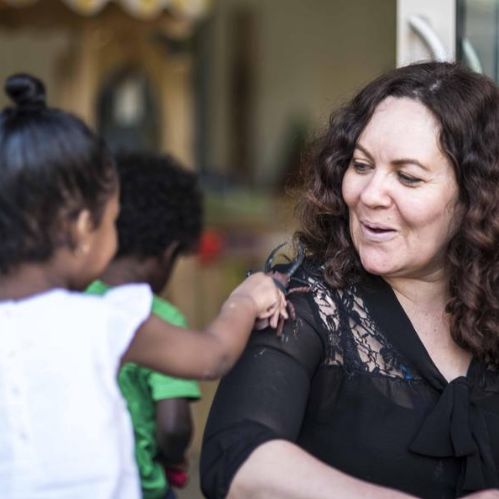
c90416f17d874327a3a1a24cf63b0d6c1x1
-
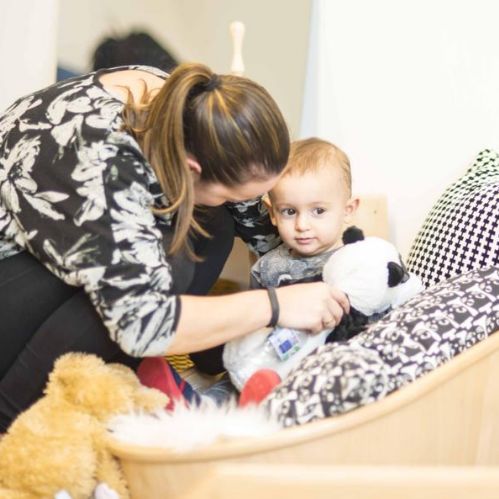
3b703312d0cb4465acd6409bfd5da5151x1
-
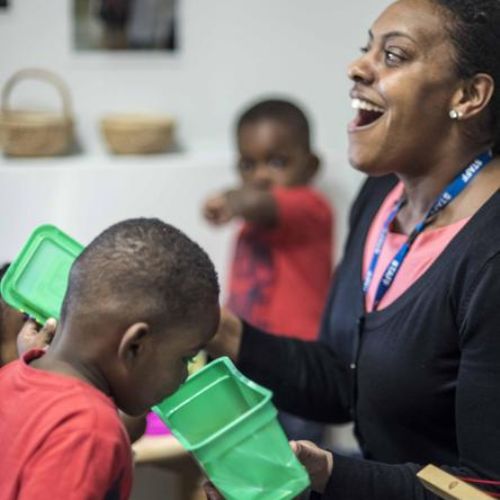
53a1a9516ec24f179a6ba1b43fb467b81x1
-
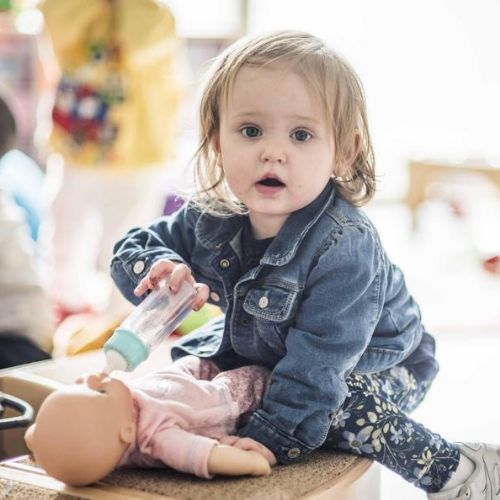
23636dcfaa8945228735fbd5d0018afd1x1
-
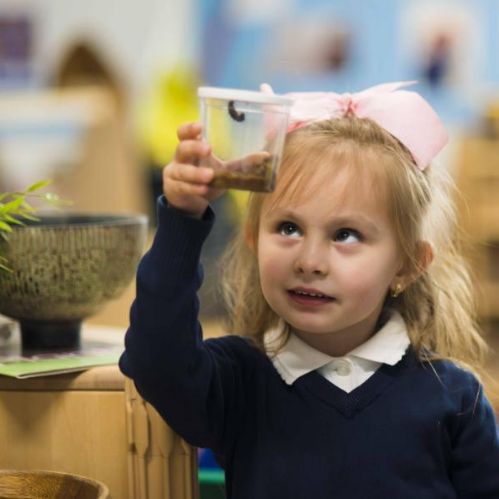
40a4d0895a1b4cac8115ecb86224d6e61x1
-
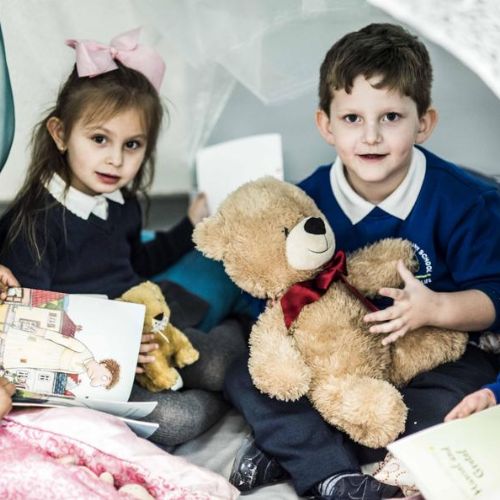
e5e61131966746b7b7ed2983c16c289c1x1
-
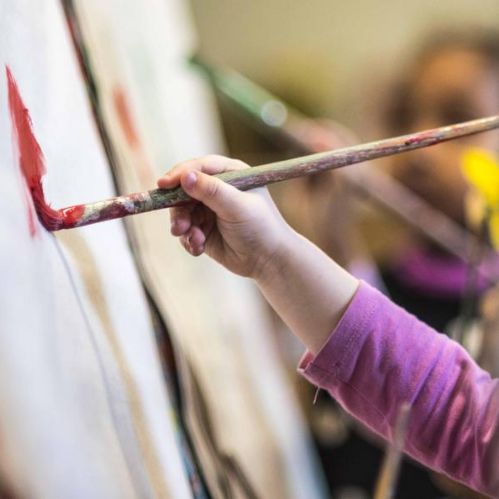
f3b6bb6d12e04bdd88c499176f9fd37a1x1
-
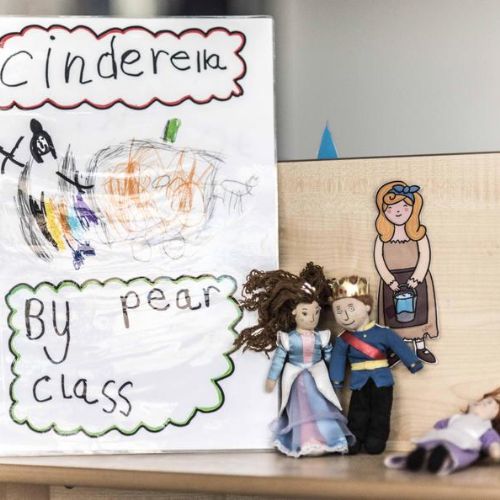
4021ae2db5b440fc8bf5150efbd5cc241x1
-
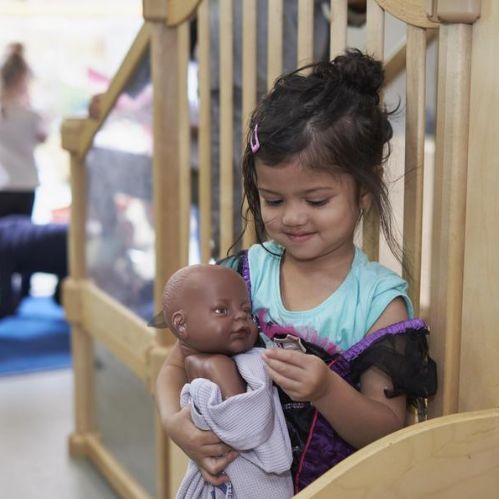
9b34f4621cd243fdadf2a923168435a81x1
-
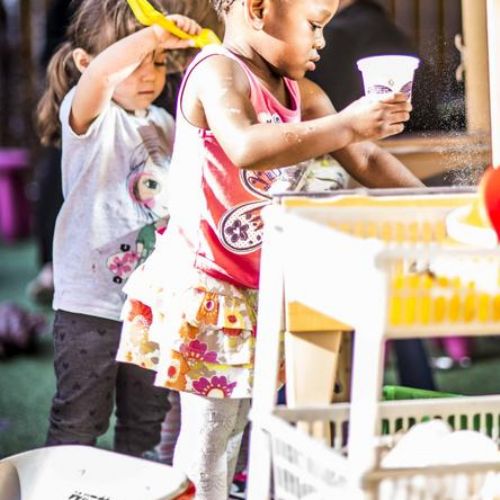
17954dd6acb540918938b609baa4ded51x1
-
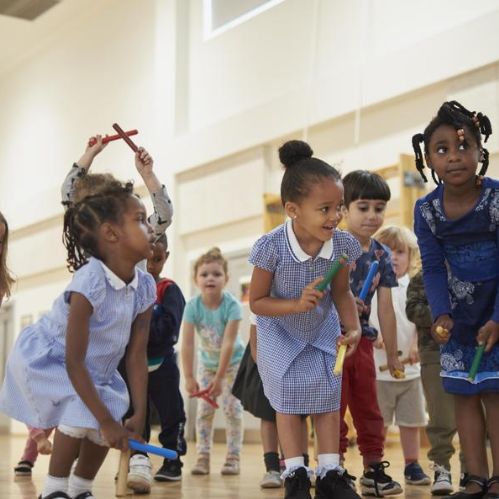
f71f42d2b0a44304b45bf3a170228eac1x1
-
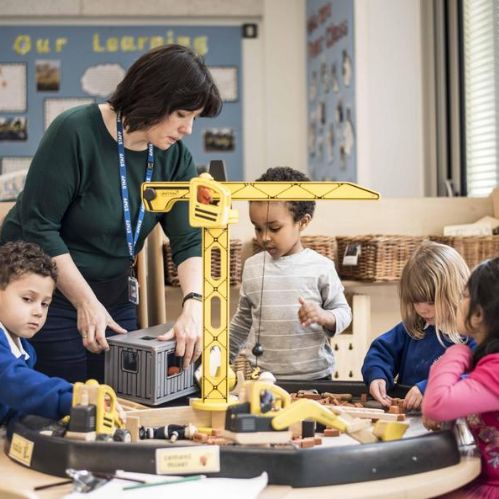
c9ba801e484d40078a2ed4054b4607041x1
-
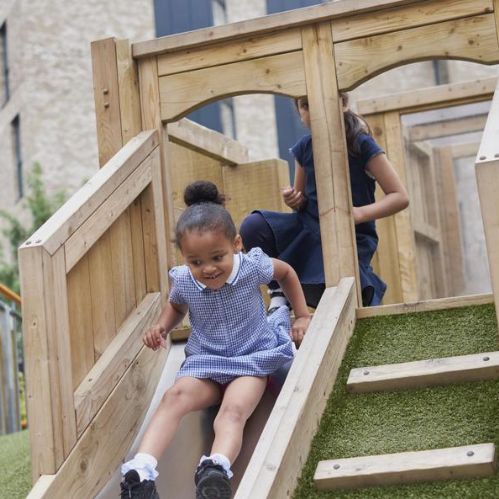
d44fd857256644dea679f5df178155711x1
-
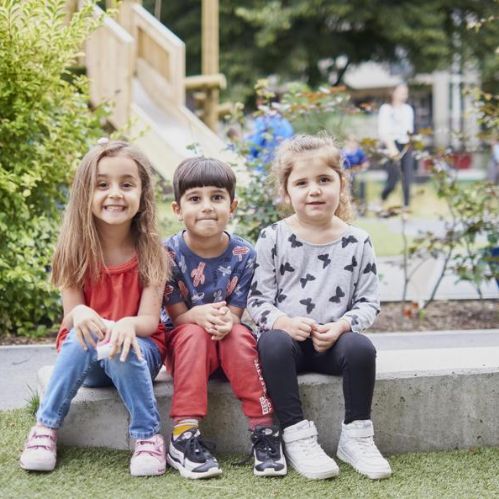
99cd2cd9c08a49ac9aae9c334b11021f1x1
-
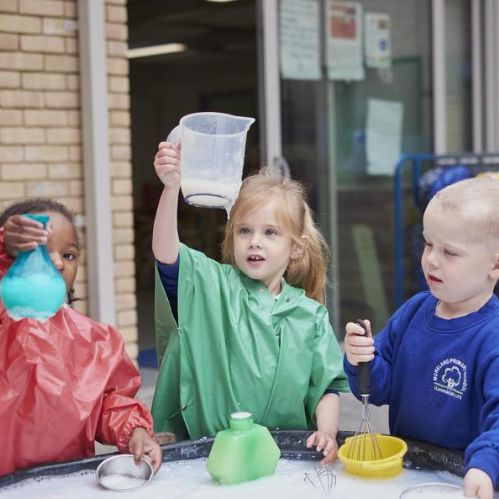
7e403f64ae8d4a73b656e07768ea3ff31x1
-
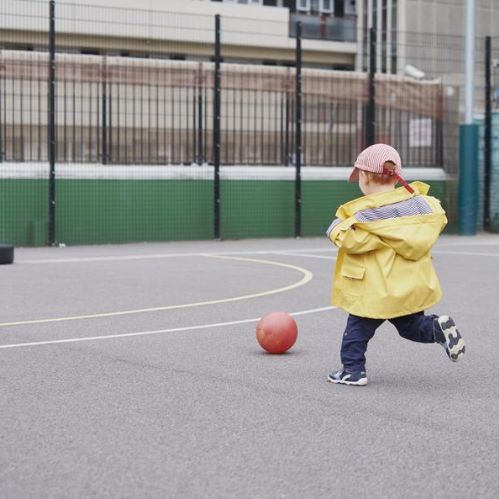
e5c0f04f5da848f8bd3a8ca3e84dbbba1x1
-
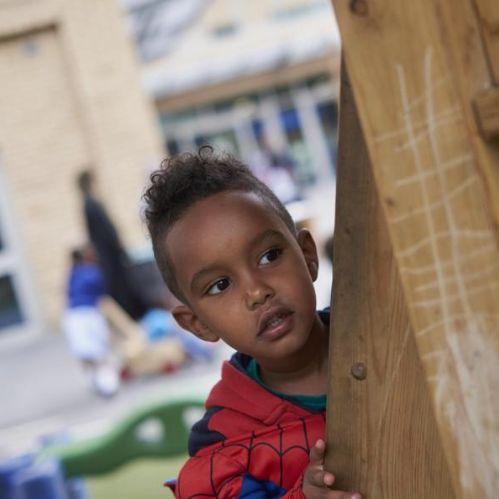
2a418e35b9744bb881bb227e908d768f1x1
-
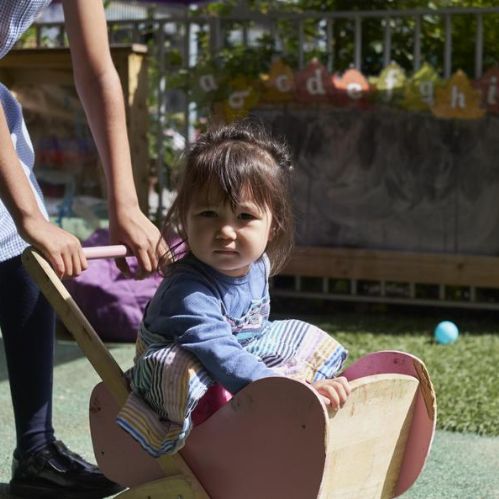
b50572db5519482090233dddeeb09bcc1x1
-
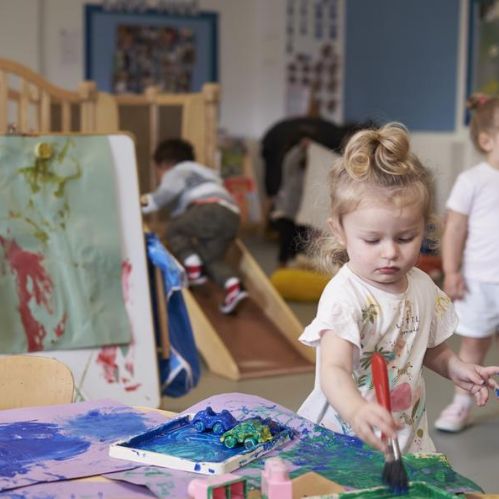
5c49f68ad9a5456c86eeb700965a742b1x1
-

1cc361e4b8ad44aeacfe039451928ec41x1
